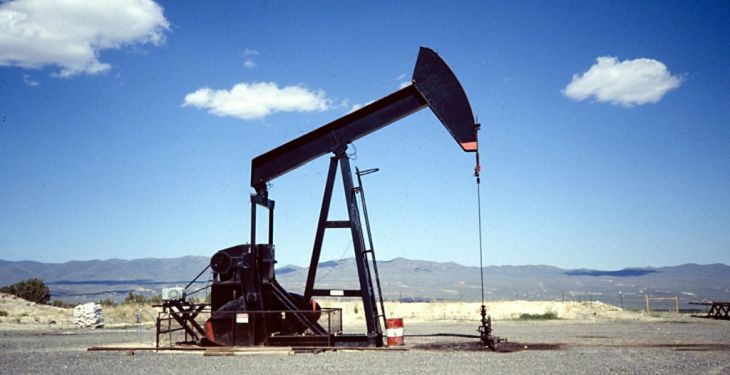The Romanian Petroleum Exploration and Production Companies Association (ROPEPCA) looks with great concern upon the recent amendments in Parliament aiming at changing the framework in which the oil and gas industry operates, increasing the tax rate from 60% to 80% for prices above 85 lei/MWh and making permanent a temporary tax foreseen by OUG 99/2016, which have been approved and already voted by the Chamber of Deputies on June 13, 2017, according to a release released by energynomics.ro.
According to representatives of ROPEPCA, ”unpredictable and excessive changes to the fiscal framework are likely to jeopardize both the local oil industry and the investment climate, sending negative business signals regarding the lack of stability and credibility”.
“In recent years, ROPEPCA has always been open to consultations with the authorities on a new regulatory framework applicable to the oil and gas industry. Any unannounced change, without consultation and analysis, such as the Parliament’s intention to increase and prolong on an undetermined period the additional revenue taxation from the liberalization of natural gas prices, disregards the dialogue on this topic in the last 4 years and questions the credibility and stability of the Romanian business environment”, states Mark Wagley, ROPEPCA Acting President.
ROPEPCA showed repeatedly, by applying the supplementary taxation exclusively to domestic production, it will be disadvantaged in relation with import sources. Given the dependence on a single source of import – the Russian Federation – this form of discrimination directly affects national energy security as well.
”The trend is also confirmed by the latest figures published by the National Institute of Statistics: Romania imported 537,000 toe of natural gas usable in Q1 2017, 332% more than in the similar period of 2016, while local production is decreasing, companies being forced to close drills”, the press release said.
”Liberalization of gas prices is not a phenomenon justifying additional taxation, but it represents the implementation of an objective assumed by Romania at a European level in order to shift to a state of normality in a free market and in a Unique European Market. Moreover, the increase of the quota is not justified with regards to the current tax level of the industry in Romania”, explained ROPEPCA officials.
According to a recent Deloitte study, while the average effective rate of royalties and other similar taxes on revenue increased in Romania from 15% in 2014 to 17.5% in 2016, the average taxation in Europe (excluding Groeningen deposit in Netherlands with a special tax regime) dropping from 9.3% in 2014 to 7.9% in 2015.
”In addition to the amendments to the tax on the additional income generated by the deregulation of the natural gas market, we are concerned about the recent talks on the obligation for gas producers to trade the entire quantity produced domestically exclusively on the Romanian natural gas trading platform for an indefinite period of time, an obligation found in the amendments proposed to the modification of the Law on Electricity and Natural Gas No. 123/2012. In this regard, we consider that the proposed obligation represents restrictions on bilateral trade agreements agreed through direct negotiation, cross-border natural gas deliveries agreed through direct negotiation, representing in fact a ban on direct bilateral gas trade with suppliers, traders and consumers from other Member States, natural gas exports and the right of producers to dispose freely of natural gas produced, as well as a discriminatory treatment towards local gas producers in relation with foreign ones to whom these obligations are not applicable”, the president of ROPEPCA specified.
ROPEPCA strongly believes that any significant changes to the oil and gas market framework must be subject to an impact analysis, and they need enough time for thorough consultation with the industry, to meet the common interest of both the industry and the state on a long term and, thus, to secure the economy and energy supply, the press release said.
